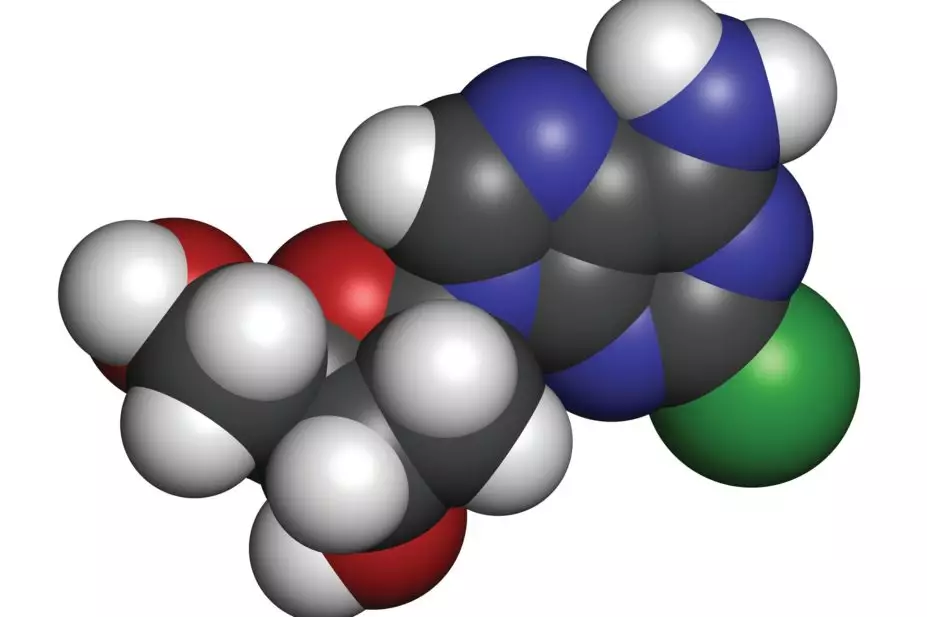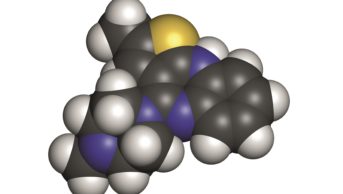
Shutterstock
The leukaemia drug cladribine has shown excellent efficacy in trials for relapsing-remitting multiple sclerosis (MS), reducing the relapse rate by up to 58%. However, in 2011, the European Medicines Agency and the US Food and Drug Administration refused it a licence for the indication, partly because of concerns over suspected cancer risk.
But now, researchers from Queen Mary University, London have conducted a meta-analysis on data from 11 trials of seven disease-modifying drugs (DMDs), including cladribine. The rate of cancer did not significantly differ between patients who received cladribine or another DMD. Based on this finding, the researchers say the drug should be reconsidered by the medical community.
Writing in Neurology: Neuroimmunology & Neuroinflammation (online, 1 October 2015)[1]
, the researchers say further long-term studies of all DMDs for MS are needed to determine cancer risk.
References
[1] Pakpoor J, Disanto G, Altmann DR et al. No evidence for higher risk of cancer in patients with multiple sclerosis taking cladribine. Neurology: Neuroimmunology & Neuroinflammation 2015;2:e158. doi:10.1212/NXI.0000000000000158


